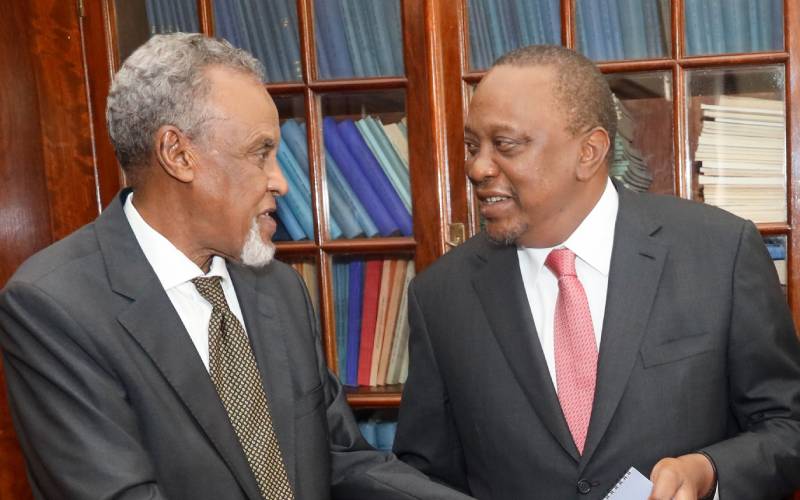×
The Standard e-Paper
Smart Minds Choose Us

So, what else is new in BBI besides PM post?
When the anticipated Building Bridges Initiative (BBI) report was finally tendered, it was more of an anti-climax. Most of the proposals it contains are a regurgitation of what is already in the public domain; an indictment of a lethargic government and political elite that have fallen short of public expectations.